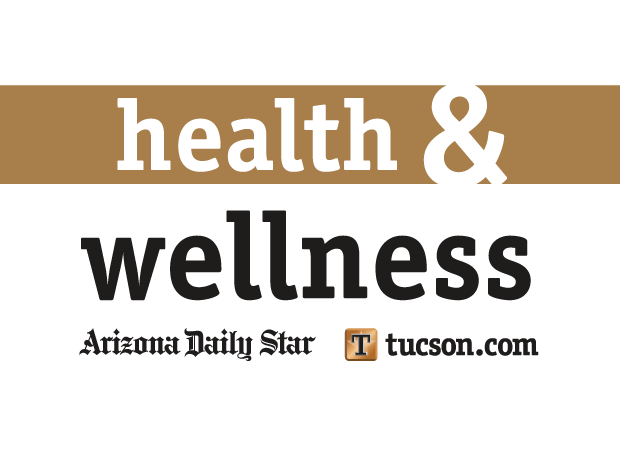DEAR DR. ROACH: I know so many people who have had a heart attack and open heart/bypass surgery due to blocked arteries. Isn’t there a test or scan we can have done every five years or so to check our arteries and be proactive about this before a heart attack happens? We have colonoscopies; why not a heart scan? — G.T.
ANSWER: This is an entirely reasonable question. However, before committing to a screening program, one has to ask whether the potential benefits outweigh the harms of the screening test. Then finally, one looks at the outcomes of people in a screening program compared with those who don’t get screening.
There are several candidates for a heart-screening test. The most evidence is on either a test of heart function (such as a stress test) or a heart scan, which looks at the anatomy of the heart vessels (such as a CT or MRI scan). None of these tests is perfect. They can have a false-positive result, meaning they say you have heart blockages when you don’t. This can lead to unnecessary medication and even unnecessary procedures. The tests also may have a false-negative result, which means you might not get the treatment to prevent a heart attack or it might keep people from going to the ER when they experience symptoms.
Since screening, by definition, is done in people with no symptoms, there must be a high degree of certainty that there is a net benefit before recommending it to the population. So far, the studies have shown no benefit in screening for coronary artery disease, so I don’t recommend it in general.
However, for some people who are at high risk, such as those with a strong family history or multiple risk factors, it is reasonable to consider a screening test on an individual basis. It is also reasonable in high-risk individuals to treat them as though they have blockages in their arteries, with interventions as needed on their diet, exercise pattern, strategies for dealing with stress, aspirin, a statin medication and possibly a beta blocker. People at high risk should discuss these options with their doctor.





